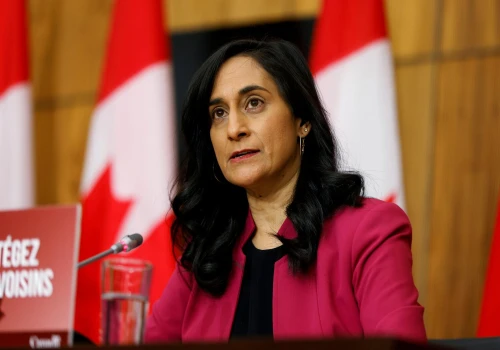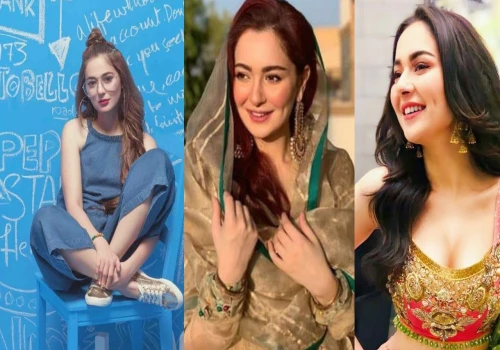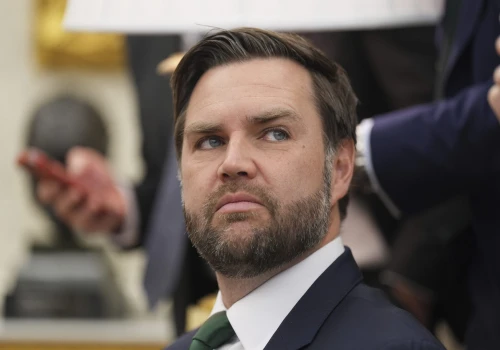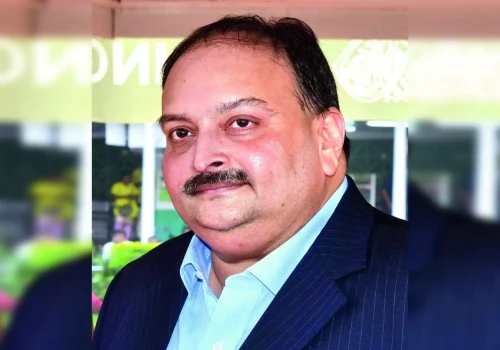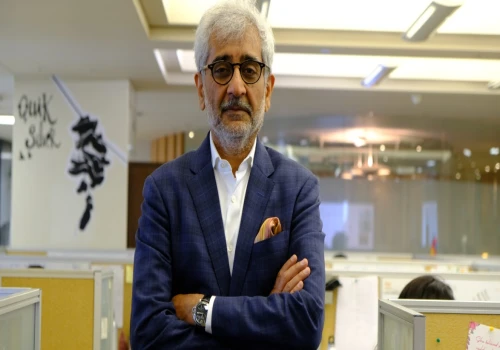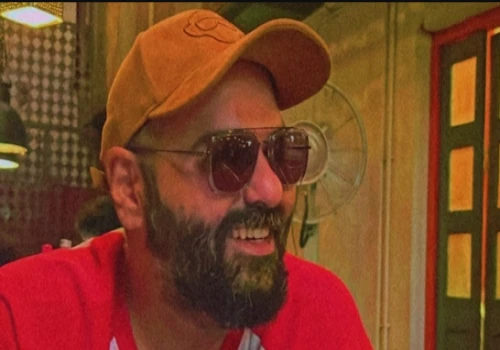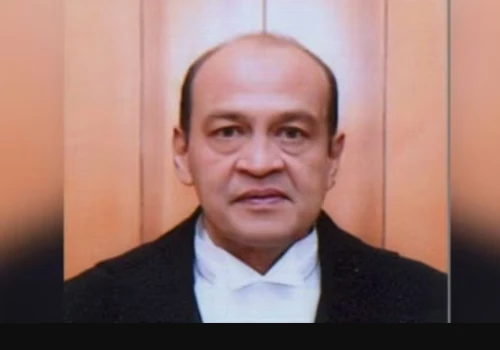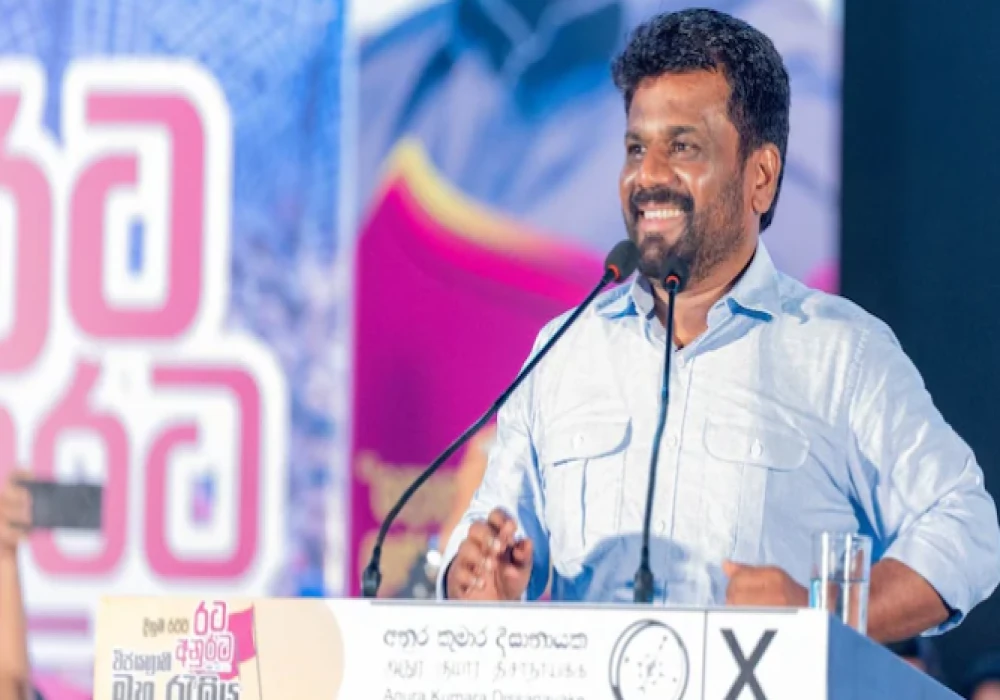
Anura Kumara Dissanayake has recently made headlines by becoming the President of Sri Lanka. His election is considered a significant shift in the country's political landscape, marking a move away from traditional parties that have long governed Sri Lanka.
A Political Outsider
Dissanayake is seen as an outsider to the political elite, particularly the influential Rajapaksa family. Gotabaya Rajapaksa, the former president, was forced to leave the country in July 2022 after widespread protests his government. His brother, Mahinda Rajapaksa, resigned as prime minister just two months earlier. Dissanayake's rise to power reflects the people's desire for change and a break from the past.
The Janatha Vimukthi Peramuna (JVP)
Dissanayake leads the Janatha Vimukthi Peramuna (JVP), a party that has a complex and controversial history. Founded in 1965 by Rohana Wijeweera, the JVP initially aimed to bring about social change through armed struggle. The party was involved in violent uprisings in the 1970s and 1980s, which resulted in thousands of deaths.
Transition to Mainstream Politics
In the 1990s, under the leadership of Somawansa Amarasinghe, the JVP began transitioning from an armed revolutionary group to a mainstream political party. Dissanayake took over leadership in 2014 and further distanced the party from its violent past, focusing on issues like corruption and transparency to appeal to a broader audience.
The 2023 Election: A Political Earthquake
In the recent elections, the JVP's alliance received 42.3% of the votes, a remarkable increase from just 3% in 2019. This shift signifies a strong rejection of the established political parties and a desire for new leadership. Political analysts believe this election result indicates that the public's dissatisfaction, which led to protests in 2022, is still very much alive.
A Vision for Sri Lanka
Upon his swearing-in, Dissanayake promised to lead Sri Lanka into a new era of governance. He emphasized the need for collective effort to rebuild the country. His leadership is seen as a beacon of hope during a time when Sri Lanka is facing severe economic challenges.
Reaching Out to the International Community
Dissanayake has also begun engaging with international partners. During his campaign, he reached out to countries like India, China, and various Western nations. He met with Indian officials earlier this year to discuss possible collaborations, including projects inspired by India's Amul dairy model.
Challenges Ahead
Dissanayake's presidency poses a unique challenge for India and the region, as he is viewed as leaning towards China. Strategic experts warn that his leadership could complicate India’s influence in the immediate neighborhood, especially as other South Asian nations are led by leftist or military-supported governments.
Future
Anura Kumara Dissanayake's election as president marks a turning point in Sri Lanka's political history. His commitment to change and transparency offers a new direction for the country. As he begins his presidency, many Sri Lankans hope for a brighter future, free from the turmoil of the past.


